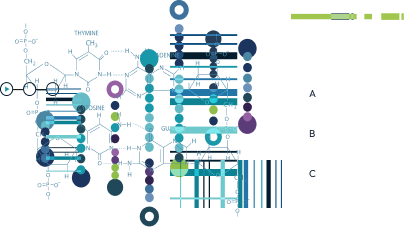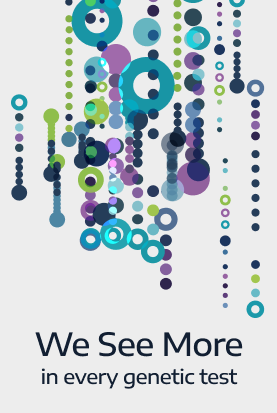GLS (GDPAG) Repeat Expansion Testing

Description
Pathogenic GCA repeat expansions within the 5′ untranslated regions of the GLS gene, which may be biallelic or compound heterozygous with a different pathogenic variant, have been associated with autosomal recessive global developmental delay, progressive ataxia, and elevated glutamine (GDPAG). The pathogenic repeat expansions are thought to cause a repressive heterochromatin state which reduces GLS transcription.
Pathogenicity is dependent upon GCA repeat length according to the following ranges 1:
Normal Alleles | Mutable Normal Alleles | Intermediate/Uncertain Alleles | Reduced Penetrance Alleles | Full Penetrance Alleles |
5-38 | - | 39-679 | - | 680 or more |
Tests That Analyze GLS Repeats
- Genomic Unity® 2.0
- Genomic Unity® Whole Genome Analysis
- Genomic Unity® Lightning Genome Analysis – Neonatal
- Genomic Unity® Lightning Genome Analysis – Pediatric
- Genomic Unity® Lightning Genome Analysis – Standard
- Genomic Unity® Exome Plus Analysis
- Genomic Unity® Exome Analysis
- Genomic Unity® Movement Disorders Analysis
- Genomic Unity® Comprehensive Ataxia Analysis
- Genomic Unity® Ataxia Repeat Expansion Analysis
- Genomic Unity® Epilepsy Analysis
- IriSight® Comprehensive Analysis – Prenatal
